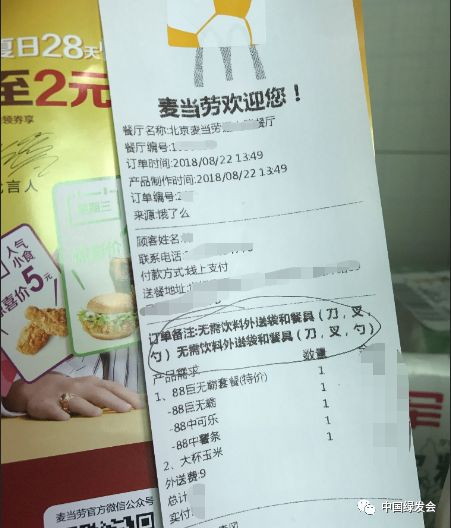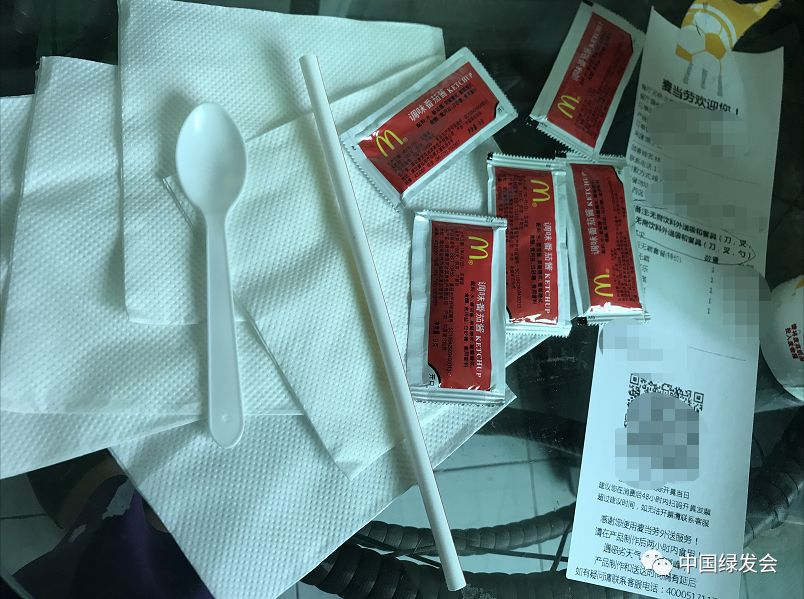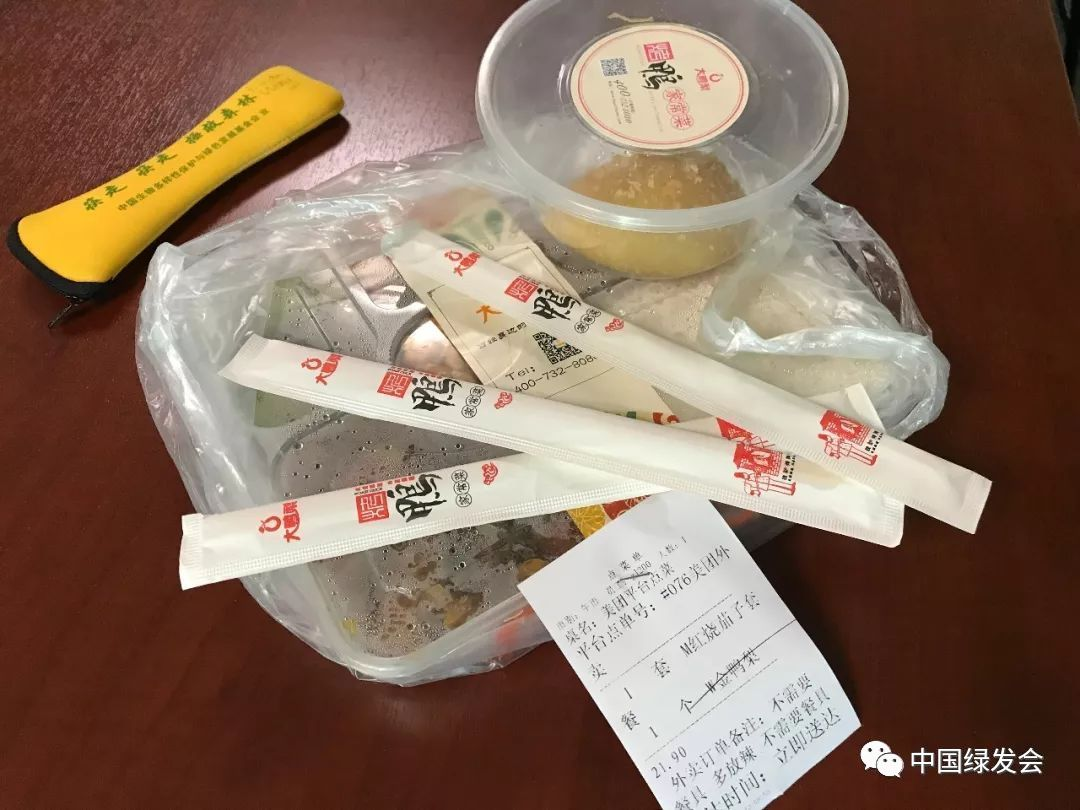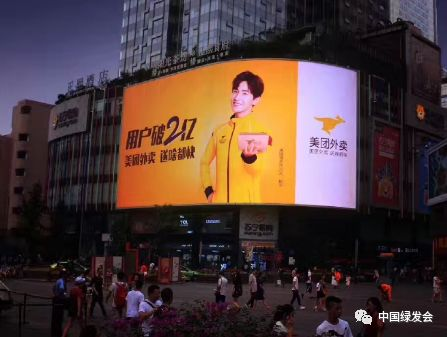Guess how many fast-food meal delivery orders placed in China every day? 32,000.000 orders. Surprising?
This data is based on four different research results. On May 19th, the meal take-out giant Meituan announced that the platform has witnessed more than 20 million orders already. This company takes 62% market share of China's total. Which means that daily orders Chinese people make is about 32 million, and that there's 1 person in every 40 Chinese orders a take-out meal every day.
Another two latest analysis supported the data. According to the official data by the Statistical Report on China's Internet Development published on Aug 20th, by June 2018, China's online takeout users had reached 364 million, an increase of 6.0% compared with numbers by the end of 2017, maintaining a growth trend. Among them, take-away delivery users via mobile phone and internet reached 344 million, with a growth rate of 6.6%.
Another report by iiMedia Research on Aug 21st also showed that China's online takeout market transactions in the first half of 2018 has exceeded 125 billion RMB, with an estimated transaction size of 243 billion RMB. In 2017, China's online food and beverage take-out users grew by 19.1% compared with 2016, reaching 305 million, and now the number is expected to reach 355 million by the end of 2018.
【CHINESE CONSUMERS' GREEN RIGHTS NEEDS SAFEGUARDS】
With such a big number, Takeout-generated pollution becomes a more and more serious problem.
For example, nowadays, when you place an order via Takeout APPs, such as Meituan, Elema, Baidu Takeout, you may find that your Green Choices will be ignored. Even you drop a line on the order declare you don't want one-time-use utensils, they'll still give you a lot. Which, in turn, means large amounts of unnecessary waste of natural resources and environmental pollution.
This picture shows what my CBCGDF colleague experienced yesterday. She ordered a fast-food meal from McDonald's with asking "I don't want throwaway utensils", it turned out that the meal came with 5 napkins, 5 ketchups, 2 plastic spoons, 1 straws, and a big plastic wrap.
Now it comes to the question that - if a consumer is entitled with Green Consumption Right?
If yes, then how can his or her Green Consumption Rights being protected?
【CONSUMPTION PUBLIC INTEREST LITIGATION (CPIL)】
This, is something called "Consumption Public Interest Litigation" (CPIL). But, who's eligible?
In China, according to the newly revised Law of the PRC on the Protection of the Rights and Interests of Consumers (LRRIC) affective in 2014, only Consumers Organizations at or above the provincial level has the right to initiate Consumption Public Interest Litigation (CPIL). Although this is the first time that the consumption civil public interest litigation has been established in the form of legislation, there're very little CPIL lawsuits were filed. Fundamentally, they lack the motive to do so. Statistics show that by May 2018, nearly 5 years after the launch of the LRRIC, the whole country witnessed only 12 CPIL lawsuits.
Many experts and civil society ask why only special Consumers Organizations are entitled with the PIL right. Actually, in the past 4 years after the Law taken into effective, quick few such PILs were filed in the country. On contrast, China is facing increasingly serious problem with regard to consumers right protection, esp. in non-traditional areas, the nonfeasance of relevant organizations obviously hinders the progress towards a more democratic and justice world. The takeout Green-Choice-not-being-respected is a typical example.
Compared with Consumption Public Interest Litigation (CPIL), Environmental Public Interest Litigation (EPIL) goes much better.
Similar to the LRRIC, China's Environmental Protection Law which launched in 2015 has proposed the idea of EPIL. But in its Article 58, it entitled all qualified ENGOs to sue polluters and violators to safeguard public interests. There were more than 700 qualified ENGOs. At that point, experts worried about the possibility that there could be too many EPILs blowout.
【WHY PUBLIC INTERST LITIGATION IS NOT POPULAR IN CHINA】
The result? Far from "too many".
Three years after China's Environmental Protection Law taken effect, there were only a total of 25 Chinese social organizations filed 200+ environmental public interest litigations, and the majority of them are several ENGOs as co-plaintiffs so far. Which, turned out to be too small-numbered.
Among those EPILs brought out by ENGOs, about a half of the lawsuits were filed by China Biodiversity Conservation and Green Development Foundation (CBCGDF).
Famous EPIL cases by the Beijing-based NGO include the Oil Spill EPIL against the ConocoPhillips and CNOOC, the air pollution EPIL case against Volkswagen; as well as EPILs to protect ancient trees 500 years older, heritage relics in Magu with 1000 years history, saving a critically endangered maple called Acer Pentaphyllum whose natural habitats could be destroyed by a hydropower station, etc.
From the above analysis, we can see CPIL and EPIL are both far from enough.
Experts believe that the fundermental reason is the lack of motivation, funding and systematic support. Because by its nature, EPIL means the plaintiff must represent the public interest, it can not seek even a penny of revenue. This means that if you win, you won't get a cent from your efforts; but, if you lose, you'll have to pay a lot of money out of pocket. Not to mention this highly risky endaveor often means the ENGO has to challenge authorities, has to face all kinds of unpredictable dangers. So, how many organizations will be interested?
The most famous example is the failure of Changzhou Poisonous Soil EPIL. A Chinese court ordered two nongovernmental organizations to pay 1.89 million yuan ($275,000) in legal fees for a failed environmental public interest lawsuit, raising concerns of a chilling effect on groups using the courts to fight pollution. Chinese NGO China Biodiversity Conservation and Green Development Foundation (CBCGDF), one of the Plaintiffs, has to raise around 1 million yuan to cover legal costs against three chemical companies. Even worse, the organization was soon sentenced as "Unqualified for Annual Inspection" by its supervisory authorities.
【ECO-CIVILIZATION AND A GREENER SOCIETY】
In March 2018, the term of "Ecocivilization" has officially entered China's newly revised Constitution. The 19th National Congress of the CPC has also pointed out clearly in its report that it is necessary to speed up the establishment of the legal system and policy guidance for green production and consumption, and to establish and improve the economic system of green and low carbon cycle development. As a member of the society, enterprises have an inescapable "Green Responsibility".
Article 6 of the Environmental Protection Law has also clearly stipulated that "All units and individuals have the obligation to protect the environment; and every citizen has the right to report to prosecute units against any environmental polluters".
With the further expansion of meal-takeaway business, our earth resources are becoming more and more intense. Unnecessary waste does not bring any benefits to anyone; instead, it poses enormous environmental challenges. In the new era of Eco-civilization, how longer can we go with such unwarranted consumption? When can consumers' green consumption rights be guaranteed? How to safeguard consumers' public interests in the new era? We will continue to pay attention to this.




(Photo: CBCGDF)

(Photo source: Internet)
By / Linda
(V10@cbcgdf.org)
